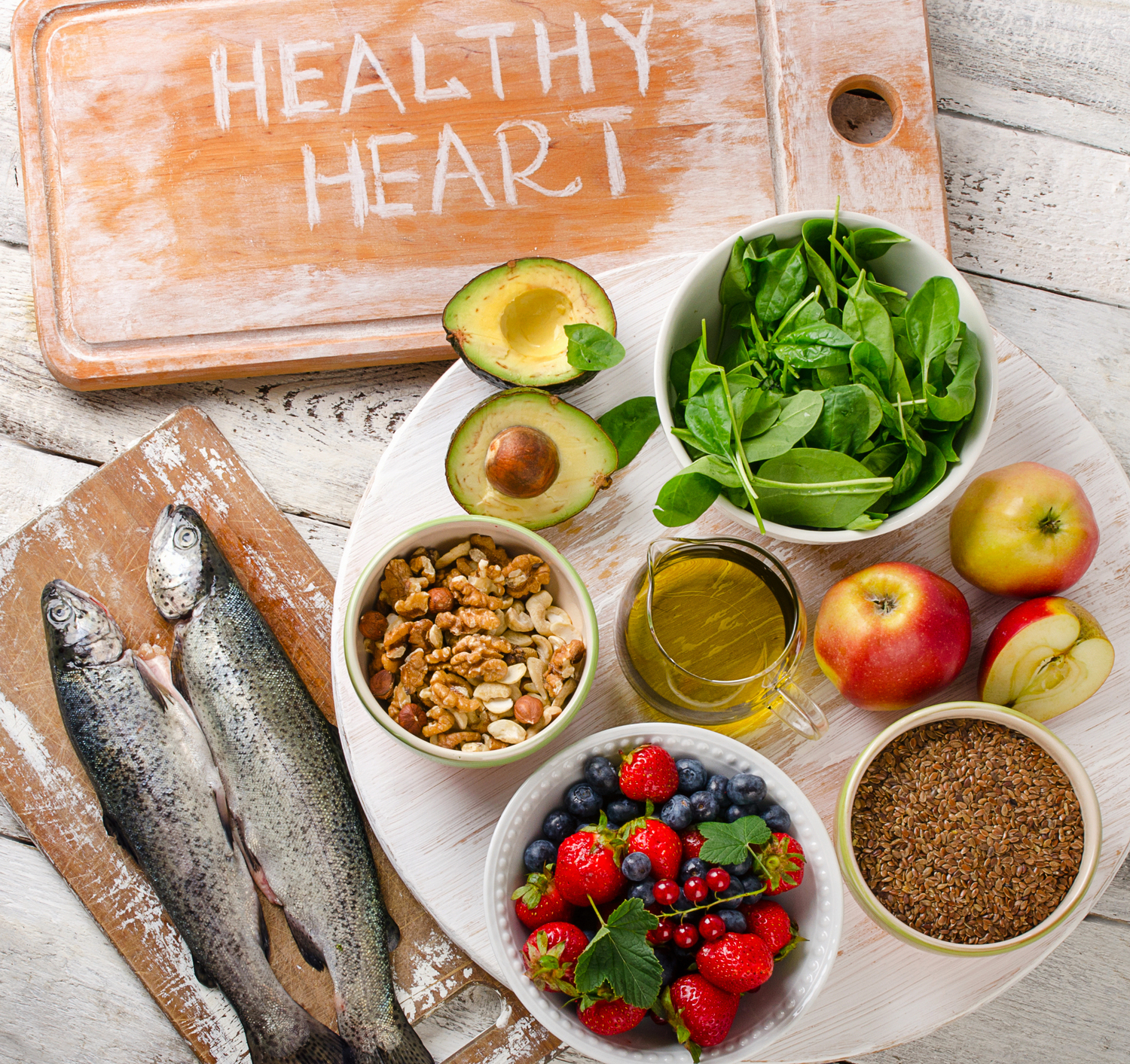
Dietary Tips to Prevent Vitamin A Deficiency in Infants
Vitamin A deficiency is one of the most serious nutrient deficiencies among infants and preschool children. It is the leading cause of childhood blindness due to dry eyes, night blindness, interrupted growth, poor wound healing, and many others among this age group.
It occurs mostly in the less developed and poorer countries and leads to various fatal diseases in children. This type of deficiency generally occurs in poorer countries due to a lack of vitamin A-containing ingredients or foods in their regular diet.
Though it can be cured, parents must have knowledge of sources of vitamin A for their child and follow various dietary tips for vitamin deficiency.
Generally, vitamin A deficiency mainly occurs in infants as they lack this vitamin in their diets and parents are not aware of it. You can find that there are two types of vitamin A, namely the one from animal products and the other from plant-based foods. It is important to know which foods are packed with Vitamin A. Given below is a list of foods that have a high content of Vitamin A.
1. Cod liver oil
Cod liver oil is one of the great sources of vitamin A, and you are advised to give this to your child in case he or she is lacking vitamin A. You may know that vitamin A is a fat-soluble vitamin, which means it efficiently absorbed into the bloodstream when taken with fat such as cod liver oil.
2. Liver sausage
Liver sausage can be a great choice for your child and can fulfil the vitamin A needs. Mainly animal-based foods are a great source of vitamin A.
3. Butter
You must be surprised to know that butter is also one of the great sources of vitamin A. So you can prepare any dish with butter as it has a different flavour and it can meet the nutritional needs of your child.
4. Vegetables
Your body can also produce vitamin A from carotenoids found in green vegetables, which are known as beta carotene and alpha-carotene. You can give your child some dishes with green vegetables as it will fulfil many needs of your child as well as the need for vitamin A.
Some veggies that contain beta carotene include:
- Cooked sweet potato
- Cooked winter squash
- Cooked kale and collards
- Raw swish chards and spinach
You have to introduce the above-stated foods to your children in their regular meals.
5. Fruits
Few types of fruits can provide beta carotene or pro-vitamin for your child to meet their needs. You have to keep in mind that your kids might refuse to eat those fruits for the first time but do not give up and try to present those fruits in a more appealing manner.
You can try to make fruit juices, fruit smoothies, fruit salad with crème, and other dishes to make fruits more appealing. It is the most widely accepted and implemented dietary tip for vitamin deficiency around the globe.
It is entirely your responsibility as a parent to meet the basic nutritional needs of your child carefully and wisely by following a few guidelines. You should consult a medical practitioner for better guidance.


